A classic returns.
When many think back to the legacy of the JRPG, especially those on the original PlayStation, Lunar: Silver Star Story Complete and its stellar sequel, Eternal Blue Complete, are often considered personal favorites. Whether it was from the incredible collectors editions or the fact it was one of the few JRPG’s of the era to feature voice acting, let alone fully animated cutscenes, it was a pair of games that haven't seen the light of day for over three decades. Thankfully, that has changed.
Now, whether or not Lunar Remastered Collection is actually a remaster is questionable. However, it does add new features and has completely updated the voices with a whole new cast. The visuals are certainly cleaner, and the game now supports widescreen. However, the UI, especially that of the first game, is still awkward and lacks the clean format of its sequel. Regardless, this is easily the definitive version of both games, which could have been a better title for this package, given the light-touched approach to its altered presentation.
What is extremely welcomed here is that this collection is based on the Complete editions, meaning the changes made to the original releases are present. Alex is a more rounded character, thanks to him having a voice now, and Luna joins the adventure far more so than in the original. This was a welcome addition back then and is equally welcomed here as it fleshed out and gave depth to the pair’s relationship and character arcs. Where this collection could have gone the extra mile is by including those versions as well. That said, the collection is still a fantastic way to play these games again or for the first time. While the originals were known for their incredible collector’s editions, it is a sad note to see that there are no plans for such a re-release of something similar.
Another addition is the battle speed toggle. This allows you to speed things up or maintain the slower approach of the original. Since the game is turn-based, I kept the toggle at max, given that battles felt less tedious than the slower speed that is the game's default. This was great for when I would grind away at enemies to prepare for the next area. And, with an auto-battle toggle as well, I could leave the grunt work to the game’s AI, even if this mode was completely useless during boss battles as it would never use the abilities needed to survive the encounter, often blasting through your MP with all the wrong skills. For example. the first boss in Silver Star Story heals after every turn, so if you don’t outpace that healing, you’ll never topple that foe.
Silver Star Story, which begins this collection, is largely about both Alex and Luna, two childhood friends who go on an adventure. Alex, who is obsessed with the legend of Dyne, a warrior of legend, sets out on this adventure to become a Dragonmaster like him. Luna, however, joins this crusade in order to look out for Alex, despite many characters they encounter telling her of her own mysterious destiny, especially as her singing has magical properties.
Silver Star Story is far more light-hearted than its sequel, as Eternal Blue is far darker in tone and narrative. However, while most JRPG's of the time were unique from one game to the next, wiping the slate clean to take place in entirely new worlds, Eternal Blue takes place a thousand years after the events of Silver Star Story. While this allows you to see the changes across the landscape, it also allows certain characters from the previous game to have a direct impact on the story, especially as Hiro, the game's justly-named protagonist, is obsessed with the heroes of old, especially Alex.
Silver Star Story sees its adventurers aiding in Alex becoming the next Dragonmaster as a mysterious new foe named the Magic Emperor begins his assault on the land, taking it by force. Silver Star Story is considerably shorter than Eternal Blue, clocking in at around 28-30 hours, whereas Eternal Blue reached around 40-42 hours once the credits rolled. While both games had extremely fun characters, witty dialogue, and a fairly competent battle system that is shared across both games, Eternal Blue felt far more confident in its approach to storytelling and left a better impression on me. The stakes were higher, the danger greater, and the presentation was ultimately better overall.
Eternal Blue, as I’ve mentioned, takes place a thousand years after the events of the previous game, with a similar pairing of heroes in Hiro and Ruby. Hiro, an archeaologist, is digging around in forgotten caverns with his cat-dragon Ruby, who is ultimately the same sidekick species as Nall, the counterpart to Alex in Silver Star Story. Eternal Blue’s plot revolves around Lucia, a visitor from the neighbouring world called Blue Star. While the adventure begins on Lunar, the world we explored in Silver Star Story, the fate of Blue Star hangs in the balance as Zophar, an evil force who had corrupted that world long ago, is back, forcing Lucia, Blue Star’s protector, to awaken earlier than she had expected, and naked no less.
Both games run parallels in their structure and their cast. A few of the party members follow the same dynamics and character tropes, whereas both Alex and Hiro have a love interest in Luna and Lucia, each of whom are similar in appearance and crucial to the overarching plot. This allows the Lunar series to have the basis of what is ultimately its identity. Some JRPG series always begin with their leads having amnesia. Here, it is a blue-haired female protagonist being the catalyst of saving the world.
After spending nearly 80 hours with both games, I can honestly say that combat is likely the weakest aspect of the series. Lunar plays it safe with no big changes to the era-specific structure of your typical JRPG. You have physical and magical attacks, being able to defend, and the use of items. Your magical attacks, which consume MP, can either attack your foe or toughen up your heroes. There are no flashy team attacks or systems that break apart from the standard turn-based affair. While that does make for a lean combat system, it also causes the combat to feel tedious and repetitive after a while. With no real changes to the system for Eternal Blue, and many of the same enemies returning, it felt like a serious case of deja vu after a while.
While the encounters are often great with some truly sensational sprite-work, especially in Eternal Blue, most encounters come down to buffing your lead attacker, ensuring they are healed, and then hammering your opponent while keeping said hero alive. Now granted, this was part and parcel with the era, but it does point out that with a limited set of mechanics, the battles star to become stale and lack any true difference from one to the next. Sure, you’ll have battles where some enemies are resistant to physical attacks or magic attacks, but that is ultimately where that creative path ends. The battle system isn’t bad by any means, as many attacks are fun and exciting to pull off, but after seeing them a hundred times against the same enemies over and over again, especially as many foes return for Eternal Blue, it all starts to blend together.
Lunar: The Remastered Collection’s strengths are easily its stunning soundtrack, engaging cast, and great writing, allowing for memorable personalities and events to rise above a fairly average combat system. The new cast is excellent, and the higher quality cutscenes allow Lunar to stand out from its contemporaries. The world-building and stakes are wonderfully crafted, allowing both games to be extremely competent adventures. If you haven’t had the opportunity to engage with Silver Star Story Complete and Eternal Blue Compelte, this collection is certainly worth it to embark on two underrated JRPG’s, that after thirty years, are finally back.
Developer - GungHo Online/Game Arts/ASHIBI/GungHo Gamania/Studio Alex.
Publisher - GungHo Online Entertainment America, Inc. Released - April 18th, 2025. Available On - Xbox One/Series X/S, PS4, PS5, Nintendo Switch, PC. Rated - (T) - Fantasy Violence, Mild Blood, Mild Language, Partial Nudity, Suggestive Themes, Use of Alcohol. Platform Reviewed - Xbox Series X. Review Access - A review code was provided by the publisher for the purpose of this review.


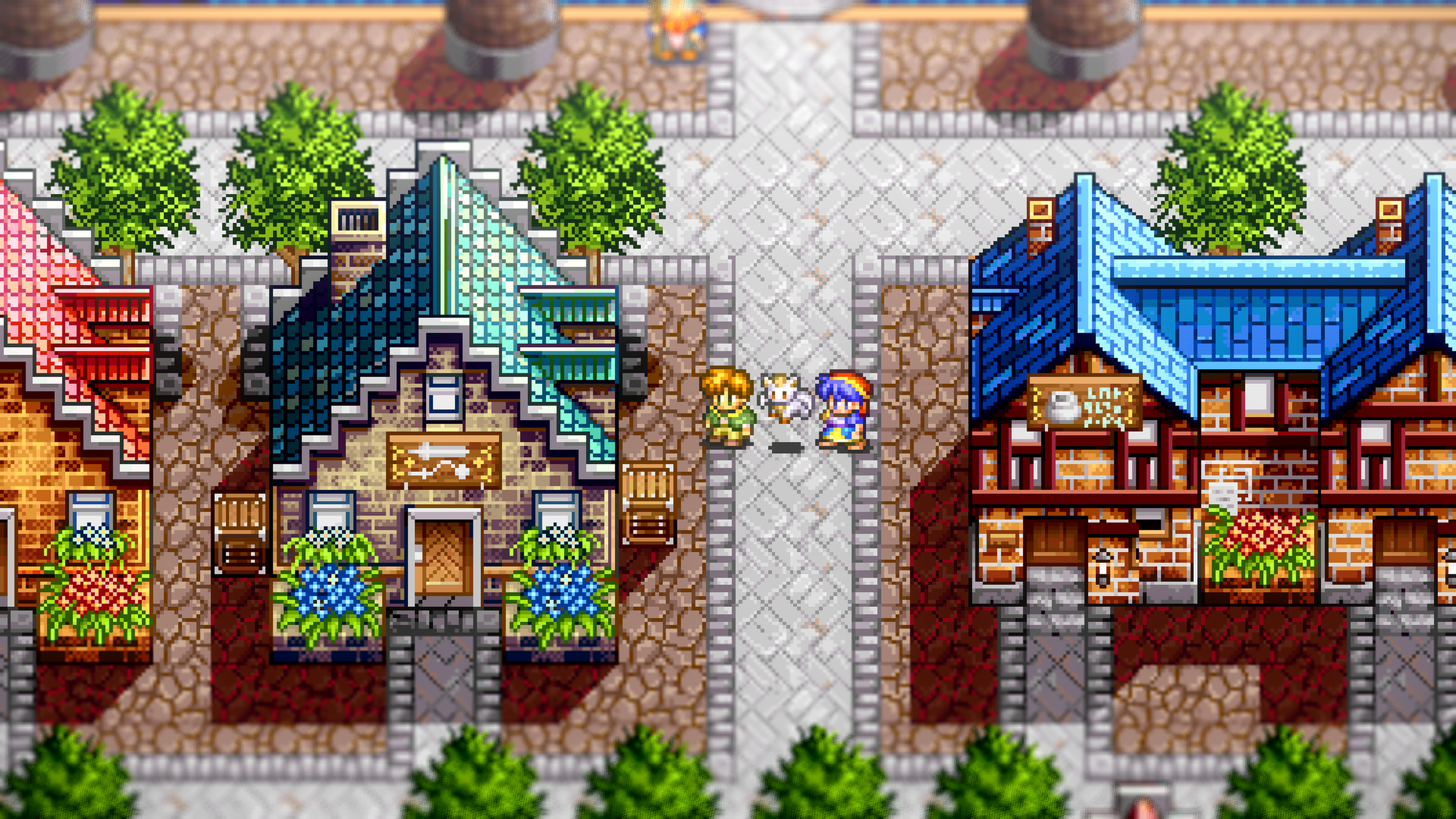
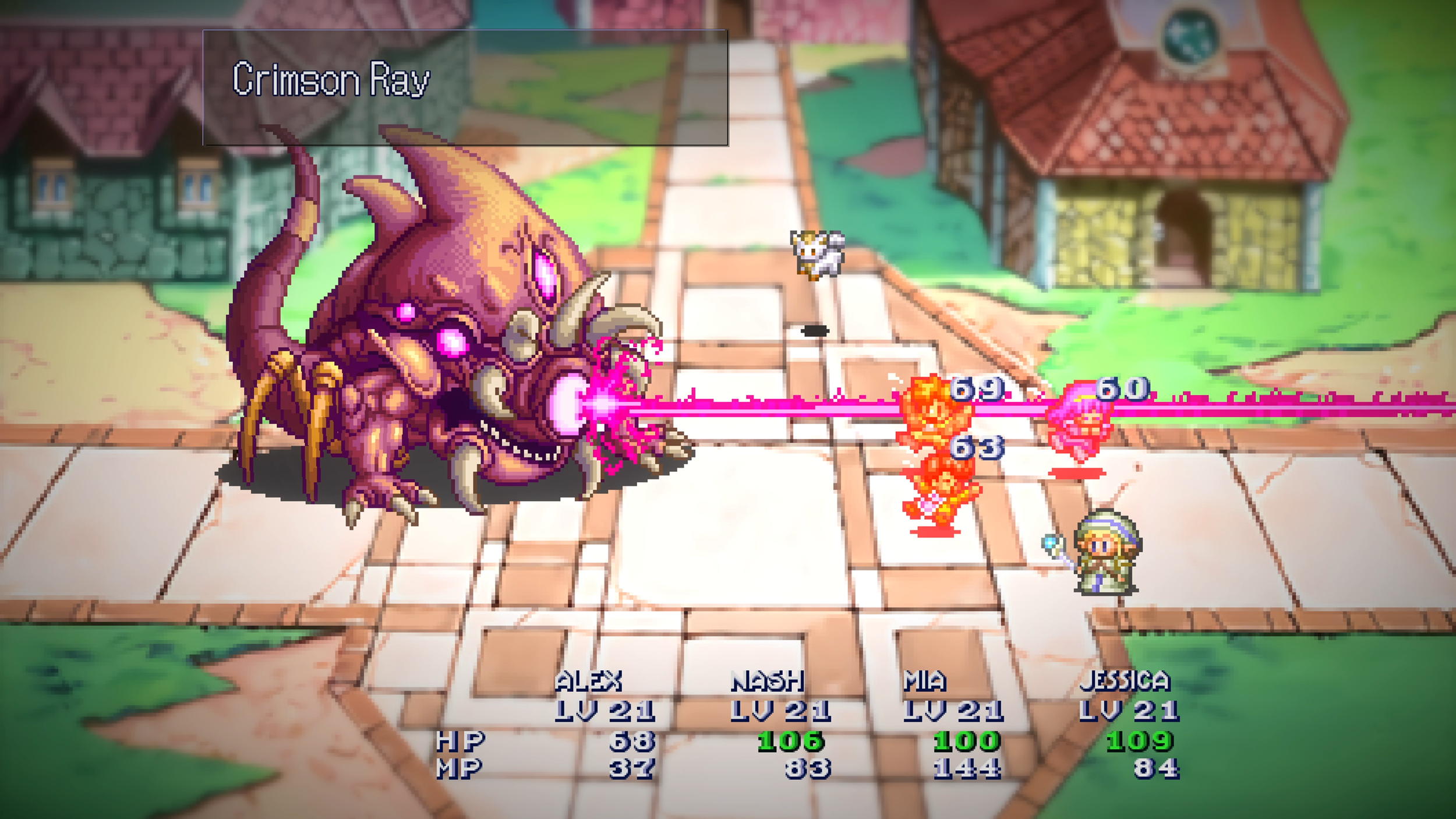
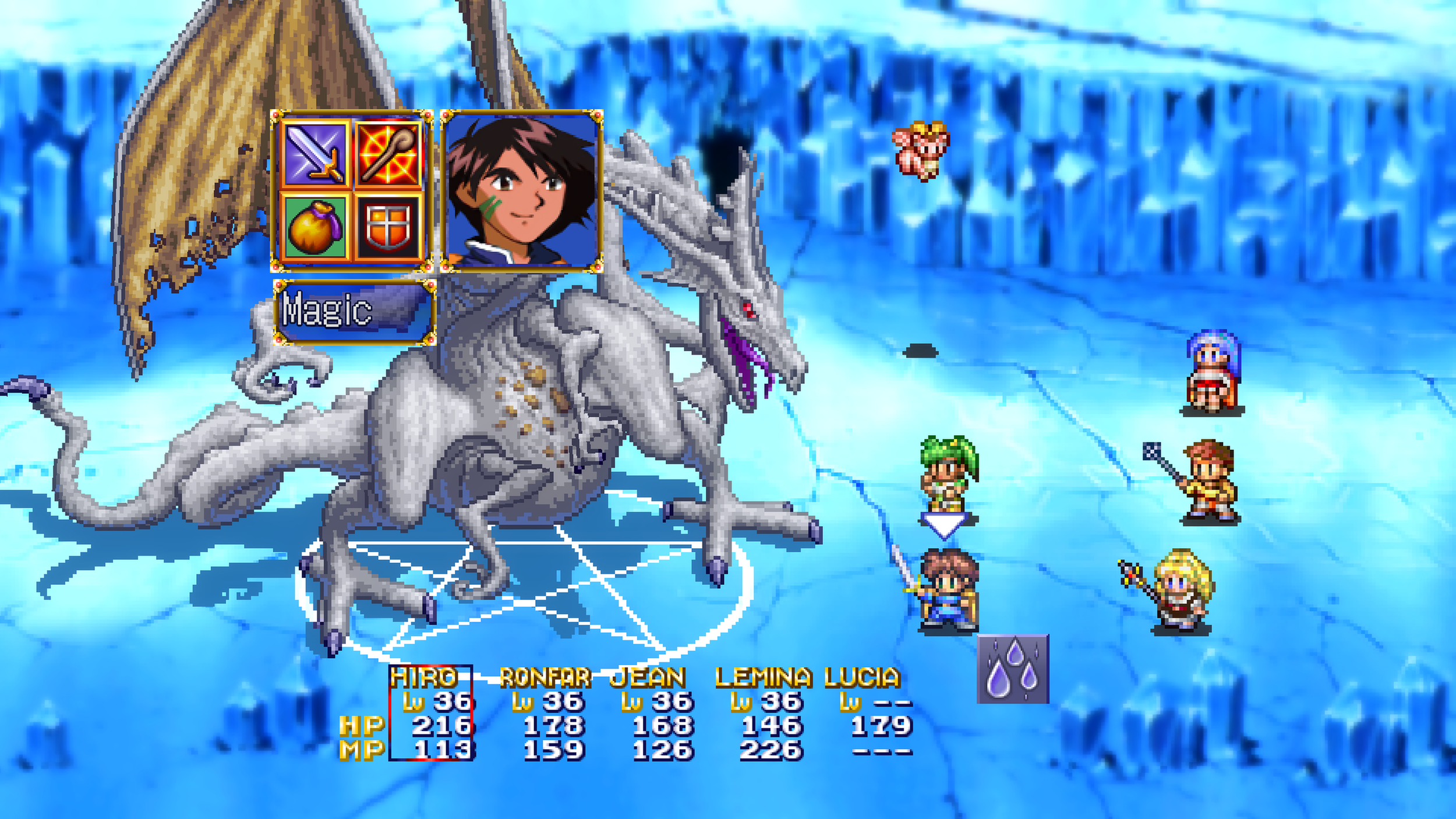
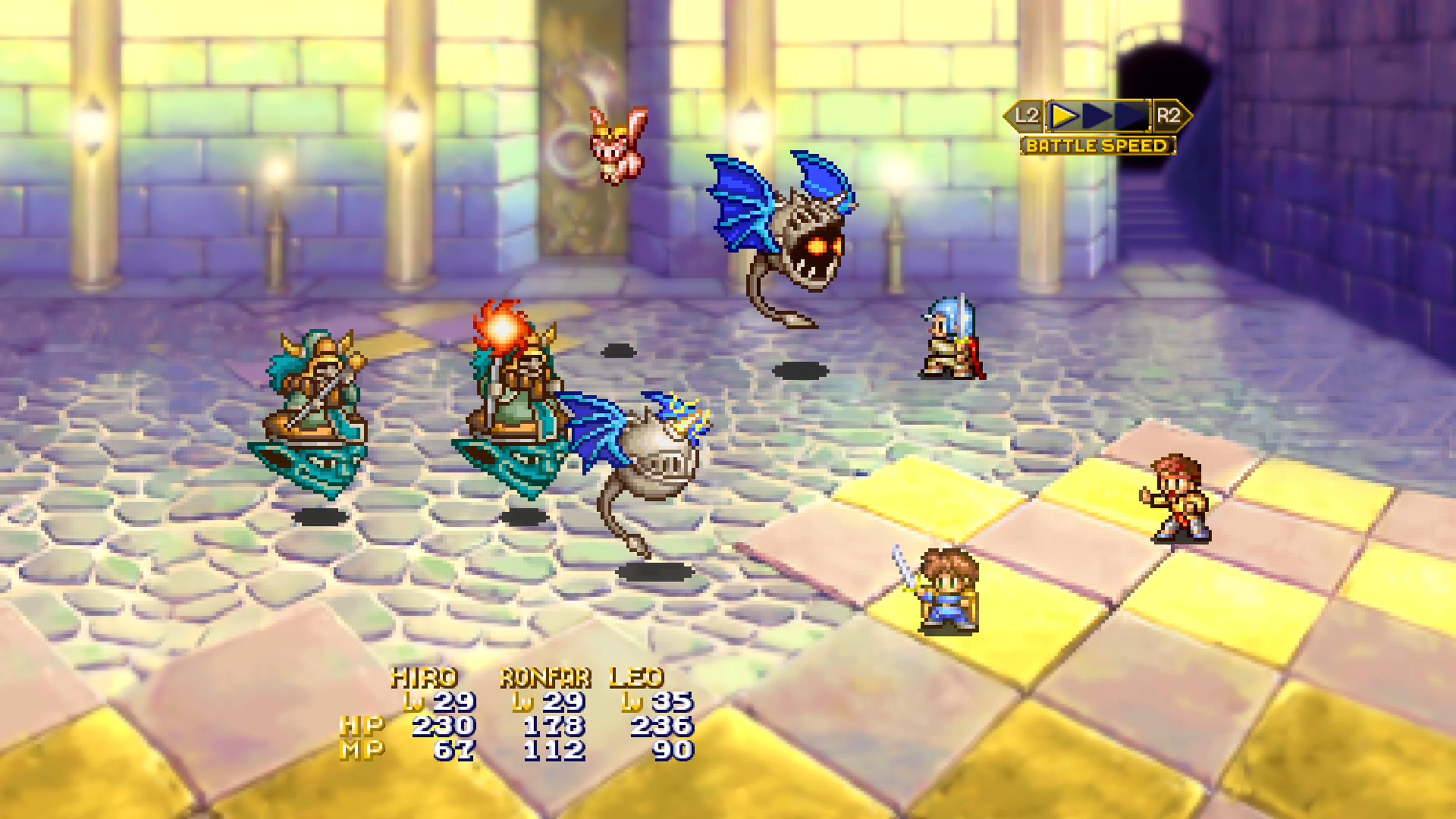

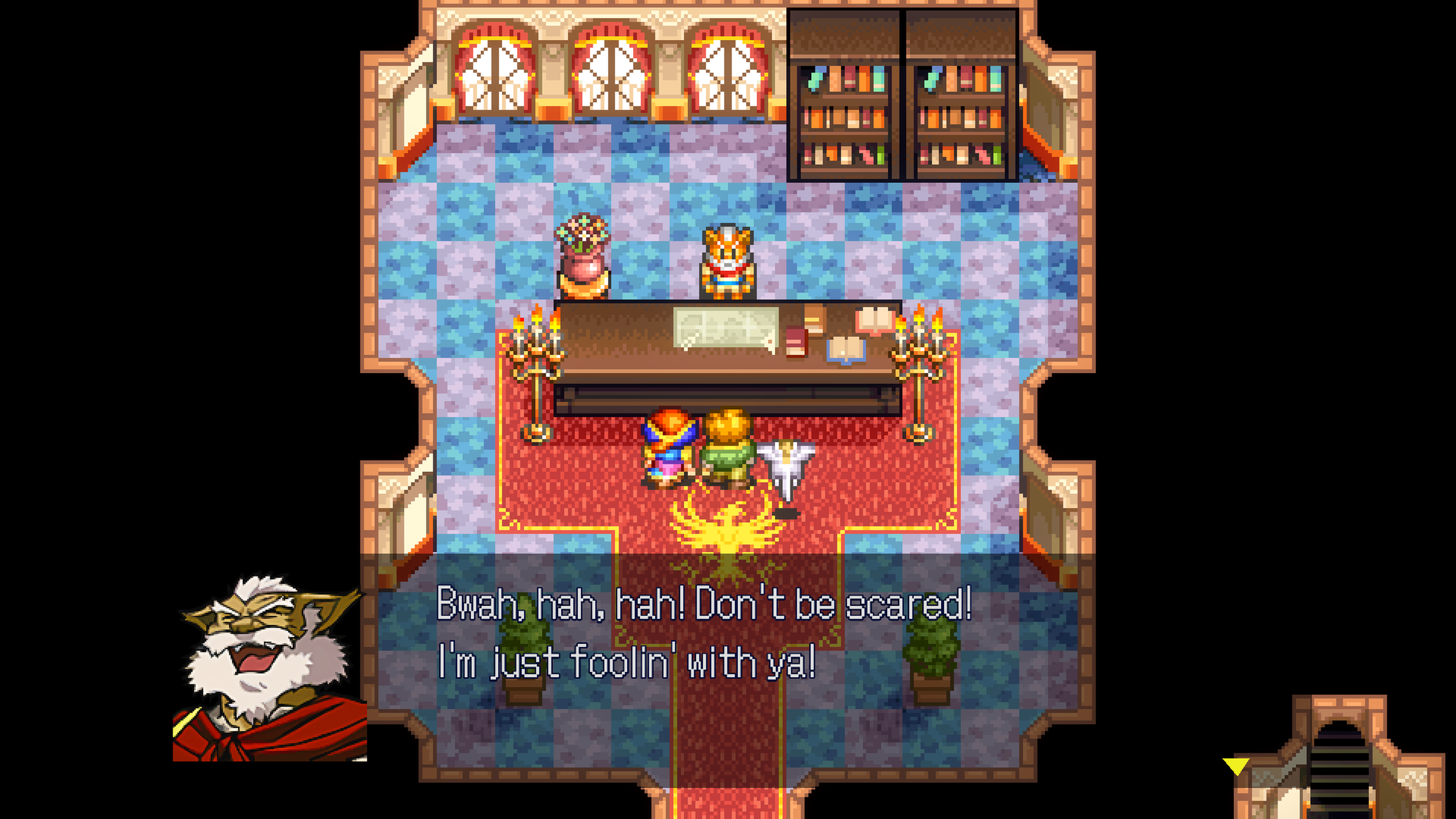






Jeff is the original founder of Analog Stick Gaming. His favorite games include The Witcher III, the Mass Effect Trilogy, Hi-Fi Rush, Stellar Blade, Hellbade: Senua’s Sacrifice, and the Legend of Heroes series, especially Trails of Cold Steel III & IV.